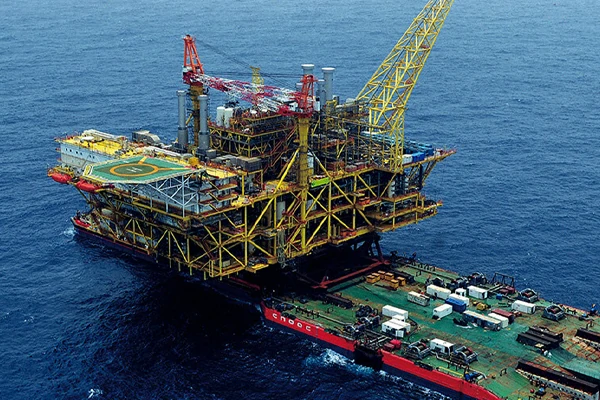Why LNG Terminals Prefer Pneumatic Fenders for Mooring Safety?
05/27/2025Performance of Pneumatic Fenders in Challenging Weather Conditions
05/28/2025How Pneumatic Fenders Work: Structure, Function, and Benefits
Pneumatic fender—also known as marine fender, ship fender, or pneumatic rubber fenders—are essential for protecting vessels during docking or ship-to-ship transfers.
They absorb impact energy and reduce damage to both ships and port structures. These fenders float, compress under pressure, and are widely used in modern marine operations.
What Are Pneumatic Fenders?
A pneumatic fender is an inflatable rubber cylinder filled with compressed air.
They float between vessels and docks, acting as cushions during berthing. When a ship touches the fender, the air inside compresses and absorbs the force. This helps protect the hull and surrounding structures from damage.

Structure of Pneumatic Fenders
Pneumatic fender use several durable layers to ensure strength and safety:
- Outer Rubber Layer – Resists wear, UV, and saltwater.
- Reinforced Cord Layers – Add strength and flexibility.
- Inner Rubber Layer – Keeps the air pressure sealed inside.
- End Flanges – Galvanized, corrosion resistant. Allow inflation and connect accessories like tires and chains.
NANHAI some models of fenders that come equipped with a tire and chain net for added protection. This configuration is particularly effective in challenging marine conditions.
How Do Pneumatic Fender Work?
Pneumatic fenders absorb energy by compressing the air inside them during impact.
As a vessel approaches, the fender compresses. This compression absorbs kinetic energy and spreads the force over a larger surface. That way, ships and docks stay safe with minimal impact.
Benefits of Pneumatic Fender
Pneumatic fenders offer key advantages over solid rubber types:
- High Energy Absorption, Low Reaction Force – They protect hulls without pushing back hard.
- Adapt to Tidal Changes – Their floating design adjusts with the water level.
- Simple Installation and Maintenance – They are lightweight and easy to manage.
- Versatile Use – Suitable for ports, offshore platforms, and ship-to-ship transfers.
- Long Lifespan – Their materials resist harsh weather and saltwater.
- ISO 17357 1:2014 – ISO 17357 is an international standard that guarantees the quality and reliability of pneumatic rubber fender. Nanhai, recognized as the top marine fender manufacturer in the world, boasts over 20 years of production expertise. The pneumatic rubber fenders they create not only meet but surpass the ISO 17357 standard, offering enhanced safety and a longer lifespan.
These benefits make them a reliable and cost-effective solution in many marine settings.
Example from Real Use
Imagine a large oil tanker docking at a busy port with strong tides. Solid fenders may not adjust well to vertical movement. In contrast, pneumatic fenders float and rise with the tide, staying in the right position. This reduces the risk of hull damage and speeds up berthing.
FAQ
What is the difference between pneumatic and rubber fenders?
Pneumatic fenders use air for shock absorption, while rubber fenders rely on material compression. Pneumatic ones provide better protection with lower force.
Are pneumatic fenders suitable for all ships?
Yes. Ships of all sizes—from small cargo ships to large tankers—use pneumatic fenders safely.
How do I choose the right pneumatic fender size?
You need to consider vessel size, docking speed, and location. Manufacturers NANHAI can help you pick the right model.
Can I repair a damaged pneumatic fender?
Yes. Small punctures can be patched, and parts like valves or tires are replaceable.
Conclusion
Pneumatic fenders help ships dock safely, absorb impact, and reduce hull damage.
They float with tides, need little maintenance, and suit many marine uses. Whether you’re managing a busy port or planning offshore operations, these fenders offer protection and peace of mind.
Want to learn more or get a quote?
Contact a trusted supplier, NANHAI of marine fenders, today and explore solutions tailored to your fleet.





